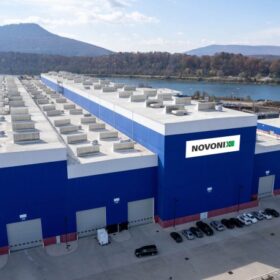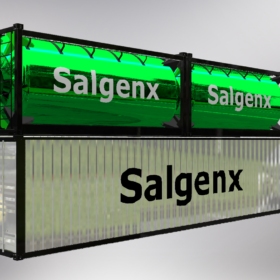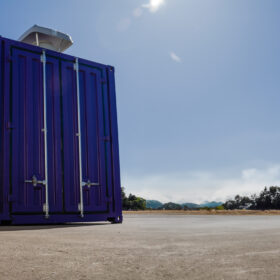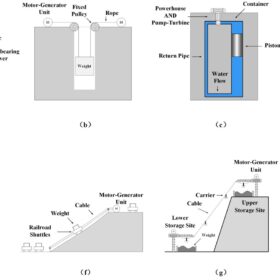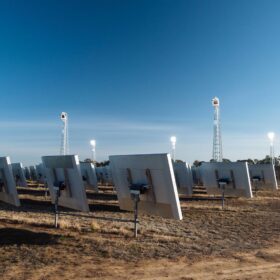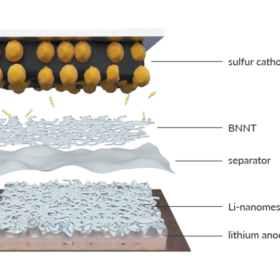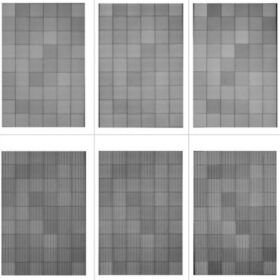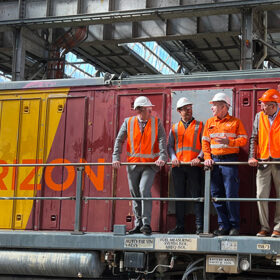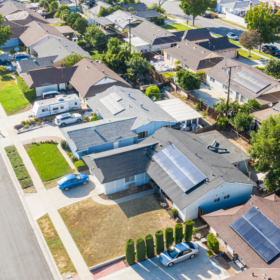Novonix does $45 million deal with LG Energy Solution
Brisbane-based battery materials and technology company Novonix has sealed a $45 million (USD 30 million) deal with South Korean battery manufacturer LG Energy Solution that is complemented by an agreement between the two parties to jointly work toward developing high-performance, synthetic graphite anode material for lithium-ion batteries.
US researchers beam solar from space
Caltech’s space solar program began in 2011 when philanthropist Donald Bren donated more than USD 100 million ($150 million) in support of the project. In the first demonstration of solar energy beamed to earth, his vision is now becoming reality.
Saltwater redox flow battery with integrated ultracapacitor
US-based Salgenx says it has successfully integrated ultracapacitors with its saltwater redox flow batteries, resulting in significantly better power response and system performance.
Brisbane company unveils 100 kW hydrogen battery using CSIRO tech
Queensland hydrogen battery startup Endua has installed its first 100kW standalone hydrogen power bank in south Brisbane. The news come weeks after the company raised $11.8 million (USD 7.81 million) to scale the technology.
Hybridising gravity energy storage with batteries, supercapacitors
Developed by Chinese researchers, the novel hybrid storage technology may achieve an efficiency of over 80% and be applied in distribution and transmission grids. The proposed combination is reportedly able to offer the advantages of gravity energy storage and power-based storage systems in a single solution.
Vast announces key contracts for 288 MWh solar thermal project
Construction of Australia’s first commercial-scale concentrated solar power plant is on track to begin next year with developer Vast appointing American Australian engineering company Worley to help deliver a 30 MW/288 MWh facility planned for South Australia.
Australian startup reveals 20-layer battery cell based on semi-solid li-sulfur technology
Brisbane-based Li-S Energy has developed a 20-layer battery cell utilising semi-solid state lithium sulfur battery technology. The company claims the new cell displays nearly double the gravimetric energy density and a comparable volumetric energy density to lithium-ion cells.
First attempt to repair glass-damaged solar panels
A Dutch research group has used a series of techniques from the automotive industry to develop a novel methodology to repair glass in double-glass solar panels. Their experimental work represents the step towards transforming glass-damaged solar panels from waste into valuable products.
Rail operator eyes Australian first with battery-electric retrofit
Australia’s largest rail freight operator Aurizon has contracted Progress Rail to convert one of its diesel locomotives to full battery electric operation, paving the way for the greening of its freight-haul rail fleet.
VPP consolidation platform seeks to remedy the sales impasse for installers
Despite their promise, adoption rates of Virtual Power Plants (VPPs) in Australia have been underwhelming. Head of Renewable Energy Finance at Plenti, Louis Edwards, says the issue stems from VPP operator’s overlooking their point of sale. “It’s too much risk the installer takes and they don’t do it,” he tells pv magazine Australia.
